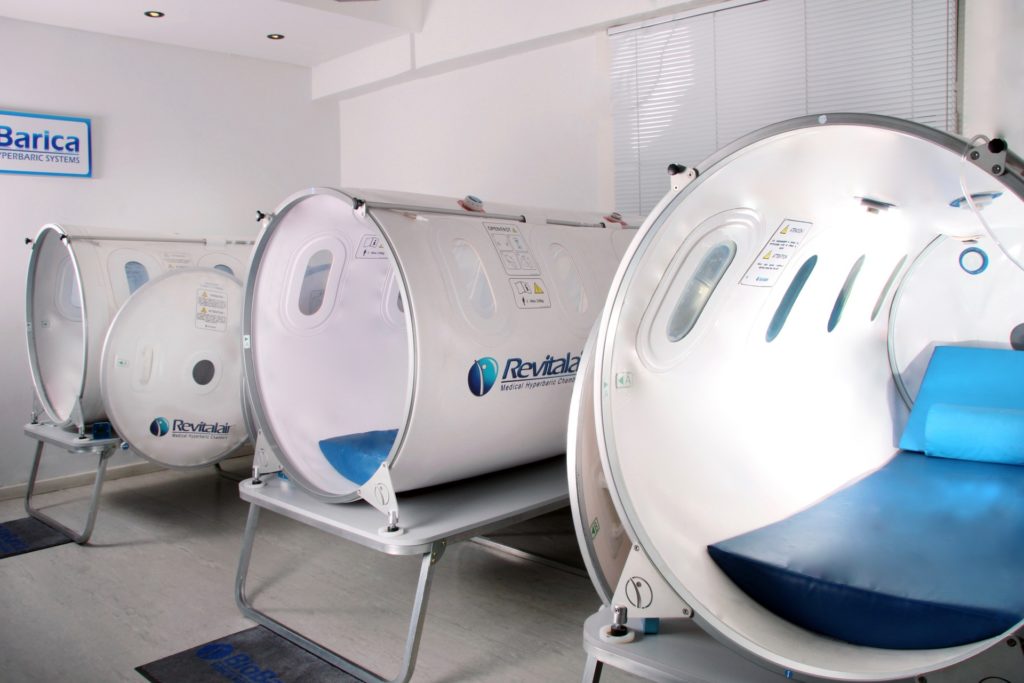An oxygen therapy used to treat carbon monoxide poisoning and decompression sickness experienced by deep-sea divers could help treat some of the physical and behavioural symptoms of Alzheimer’s disease, according to researchers at the University of Tel Aviv (TAU). In transgenic mice designed to exhibit some of the symptoms of Alzheimer’s disease, hyperbaric oxygen therapy (HBOT) was able to reduce inflammation in their brains.
“This research is extremely exciting as it explores a new therapy that holds promise as a treatment of Alzheimer’s disease,” said lead investigator Uri Ashery, a professor in TAU’s Faculty of Life Sciences. Ashery and his colleagues published their findings in the journal Neurobiology of Aging.
It’s estimated that 5.5 million people in the US suffer from Alzheimer’s disease, and this number is expected to grow exponentially in the coming years as the population ages. Amyloid plaques and tau tangles are common pathologic hallmarks of Alzheimer’s dementia, which accumulate in the brain and are believed to cause neurodegenerative damage.
HBOT involves breathing oxygen at pressures higher than normal, and has been approved by 14 medical uses by the US Food and Drug Administration (FDA). Since HBOT helps to rapidly oxygenate the blood, the researchers in the current study postulated that it could increase oxygen delivery to brain tissue damaged by Alzheimer’s.
In their study, Ashery and his team exposed one group of transgenic mice, and another group of wild type animals, to one hour of HBOT in a purpose-built chamber for 14 days. They then studied the effects of the treatment on the animals’ behaviour, and on their brain tissue.
They found that HBOT reduced brain inflammation and amyloid plaque burden by 40 percent, compared to the control mice. Behavioural symptoms were also improved, suggesting that this treatment could hold promise for patients with Alzheimer’s disease.
“We assume that the main challenge in human use will be to initiate the treatment at early stages before significant amount of brain tissue is lost,” said Ashery.












Join or login to leave a comment
JOIN LOGIN